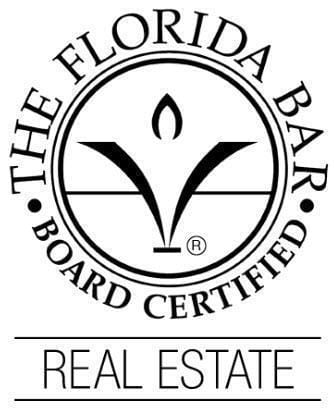Before deciding to purchase property, you want all the details. A title search is one tool that is beneficial in determining whether to move forward or back out of a purchase.
During the due diligence period of a real estate purchase contract, you have the right to inspect title documents to find anything that may impede your intended use of the property. Discover what goes into a search and the insight the results may yield.
Property description
The title search yields a legal description of the property as presented in the official plat records. A surveyor creates a metes and bounds map and description of the lot that sets out the boundary. The title company can then find encroachments across the border that should not exist. An example is a fence from a neighboring property that crosses the boundary.
Easements
An easement provides access across the property to a third party. Easements are usually put in place by utility companies and associations to maintain lines and ponds. An easement grants access to a specific portion of the property. If you purchase the property, you cannot alter any spot with an easement.
Liens
Sometimes, an owner may fall behind on taxes, association fees and other bills. A creditor has the right to place a legal claim on the property to recover the outstanding debt when sold. This means the owner has to clear up the lien, either before closing or with proceeds from it before the title company clears it for you.
Having all the facts about the property you wish to buy is crucial to a successful closing and subsequent occupancy. Finding out about a possible defect in the property may save you time and money.




